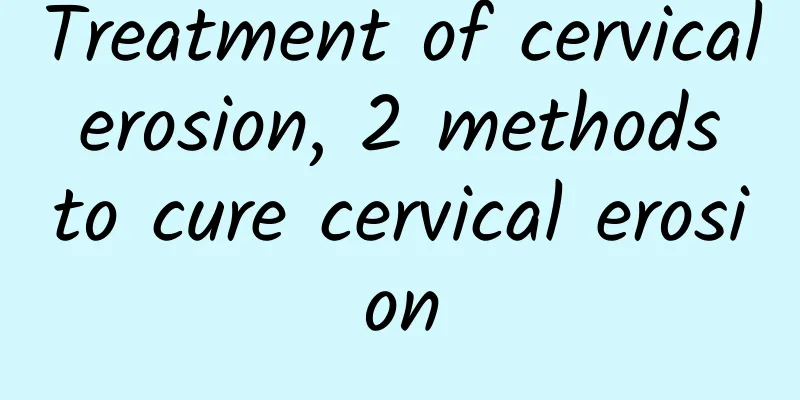What causes pelvic inflammatory disease in women

|
The causes of female pelvic inflammatory disease include infection, low immunity and lifestyle. The disease is mainly related to reproductive tract infection, but it is also closely related to personal hygiene habits and other health problems. Female pelvic inflammatory disease is usually caused by bacterial infection, especially sexually transmitted diseases (such as Neisseria gonorrhoeae and Chlamydia trachomatis) are common causes. External interventions such as reproductive tract surgery (e.g., placement of intrauterine contraceptive devices, abortion) and delivery operations may damage the reproductive tract's defense barrier and cause the spread of infection. On a physiological level, low immunity, poor menstrual hygiene, long-term stress, and other infections in the body (such as appendicitis) may also be triggers. Environmental factors such as excessive fatigue, poor eating habits, smoking and drinking will further reduce the body's immune resistance to pathogens and increase the risk of disease. Female pelvic inflammatory disease is usually caused by bacterial infection, especially sexually transmitted diseases (such as Neisseria gonorrhoeae and Chlamydia trachomatis) are common causes. External interventions such as reproductive tract surgery (e.g., placement of intrauterine contraceptive devices, abortion) and delivery operations may damage the reproductive tract's defense barrier and cause the spread of infection. On a physiological level, low immunity, poor menstrual hygiene, long-term stress, and other infections in the body (such as appendicitis) may also be triggers. Environmental factors such as excessive fatigue, poor eating habits, smoking and drinking will further reduce the body's immune resistance to pathogens and increase the risk of disease. In order to reduce the incidence of pelvic inflammatory disease, you need to pay attention to sexual health, avoid unsafe sex, and have regular gynecological examinations. Maintain good personal hygiene during menstruation and change clean hygiene products every day. It is very important to strengthen immunity. You can improve your body's immune function through regular work and rest, balanced diet and moderate exercise. If you have undergone abortion or intrauterine surgery, you should strictly follow the doctor's postoperative instructions, observe for any abnormal symptoms, and seek medical treatment as soon as possible if you find any problems. |
<<: What is the prevention of cervical hypertrophy?
>>: Can I still get pregnant normally after a missed abortion?
Recommend
Skipping breakfast to lose weight? Instead of reducing it, the risk of diabetes and hypertension increases!
Many people always tell themselves to eat less as...
Why does uterine fibroids grow during cesarean section?
Why does uterine fibroids grow after cesarean sec...
What are the causes of Trichomonas vaginitis?
What are the causes of Trichomonas vaginitis? Gyn...
Does ovarian cyst cause stomach pain? How to treat it?
Will ovarian cysts cause stomach pain? How to tre...
Don't be fooled by false cervical erosion
Case: 18-year-old Xiaoyu (pseudonym) is a middle ...
The dangers of cervical erosion that you don't know
As a common female disease, there are many female...
What are the causes of cervical hypertrophy?
Cervical hypertrophy is a common gynecological di...
What should I do if I have uterine fibroids? What are the symptoms of uterine fibroids?
What are the symptoms of uterine fibroids? This i...
If the face is not swollen, it is not edema? Check out these 6 characteristics of women with edema!
"Oh my god! I weighed myself this morning an...
Is functional uterine bleeding harmful to the body?
Dysfunctional uterine bleeding is very harmful to...
What are the causes and prevention methods of premature ovarian failure?
Abnormal menstruation, skin deterioration, hair l...
How many days does bleeding usually last during threatened miscarriage?
The bleeding time of threatened abortion depends ...
How to avoid uterine cysts
How to avoid uterine cysts? For women, uterine cy...
Health care knowledge about uterine fibroids
The uterus is a female-specific organ and the cra...
What should women pay attention to during the treatment of cervicitis? 6 things patients with cervicitis need to pay attention to
Many female patients with cervicitis will miss th...









